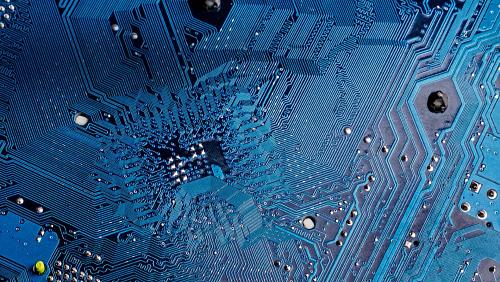In today’s society, waste management has become a pressing issue as we face the challenges of environmental degradation and resource depletion. In this regard, waste incinerators have emerged as a key player in shaping the circular economy by converting waste into energy and valuable resources.
The Circular Economy Concept
The circular economy is a regenerative approach to production and consumption that aims to maximize the value of resources by keeping them in use for as long as possible and minimizing waste. This concept is in stark contrast to the traditional linear economy, which follows a take-make-dispose model.
The Role of Waste Incinerators Manufacturers
Waste incinerators manufacturers play a crucial role in the circular economy by providing the technology and infrastructure needed to convert waste into energy and materials that can be reused or recycled. By incinerating waste, these facilities not only reduce the volume of landfilled waste but also generate electricity and heat that can be used to power homes and businesses.
Benefits of Waste Incineration in the Circular Economy
There are several benefits of waste incineration in the circular economy, including:
- Reduction of landfill waste
- Generation of renewable energy
- Recovery of valuable resources
- Reduction of greenhouse gas emissions
Challenges and Considerations
While waste incineration offers many benefits, there are also challenges and considerations that need to be addressed. These include emissions control, waste sorting and segregation, and public acceptance of waste-to-energy facilities.
Conclusion
Waste incinerators manufacturers play a pivotal role in driving change and shaping the circular economy by converting waste into energy and valuable resources. By investing in innovative technologies and practices, these companies can help us move towards a more sustainable and resource-efficient future.







